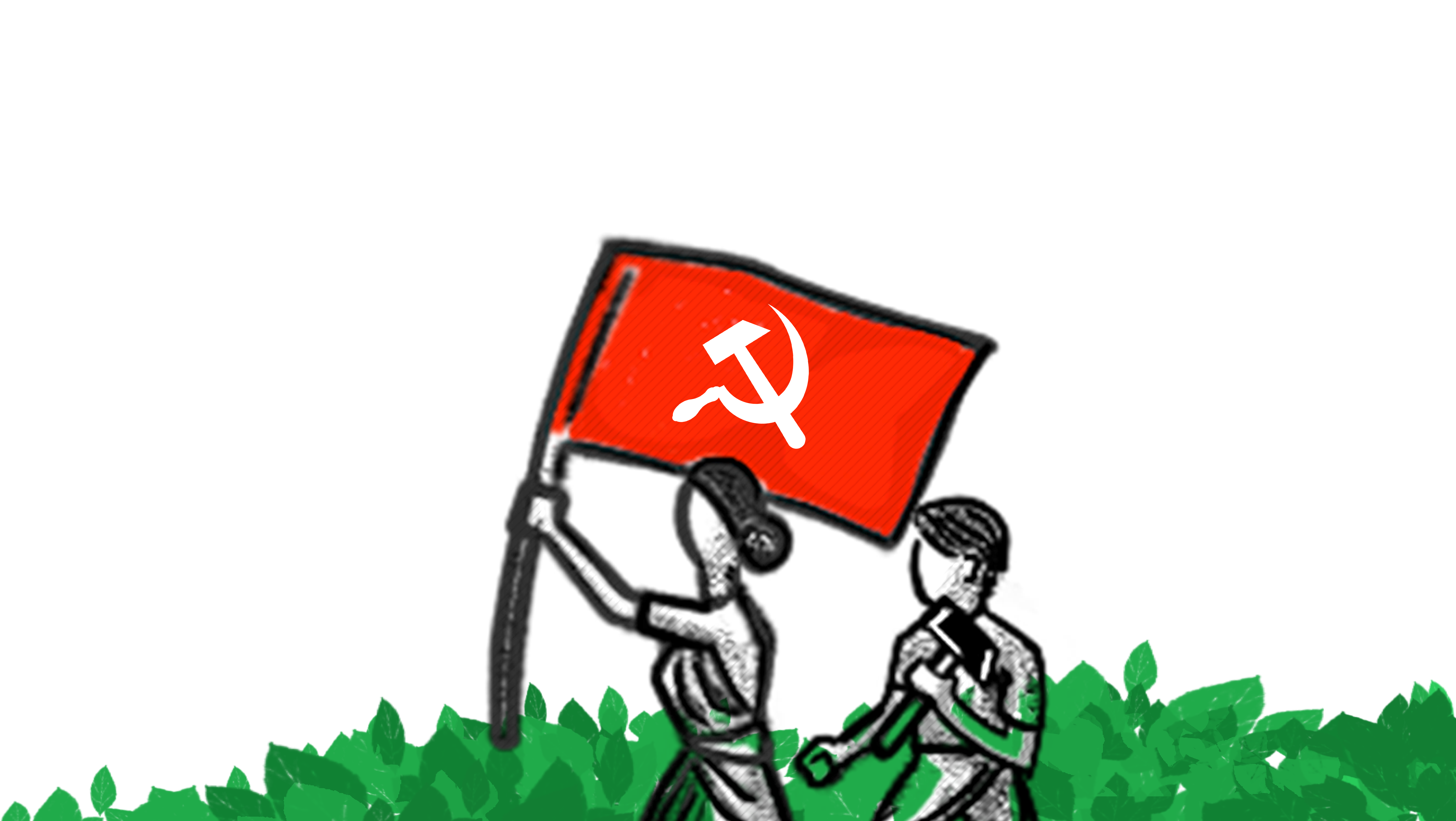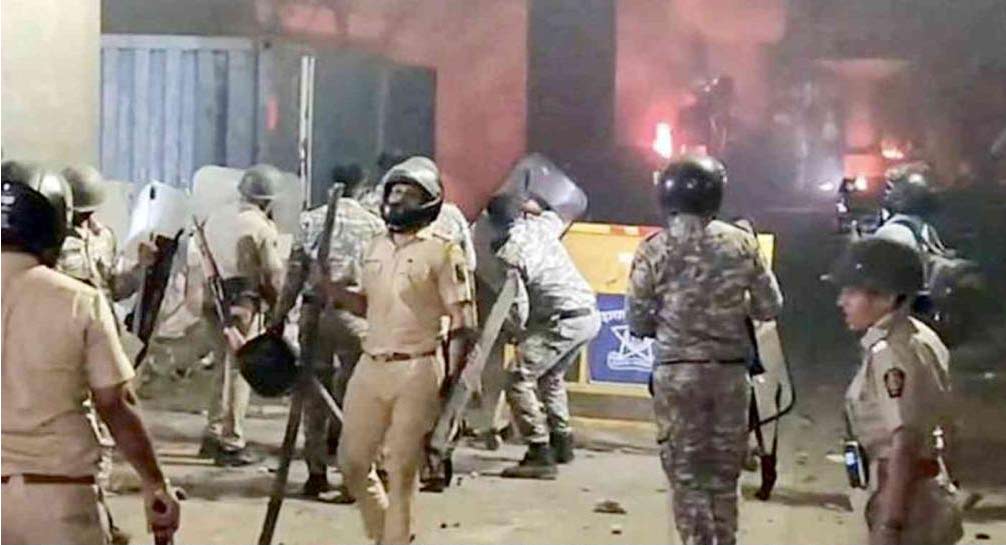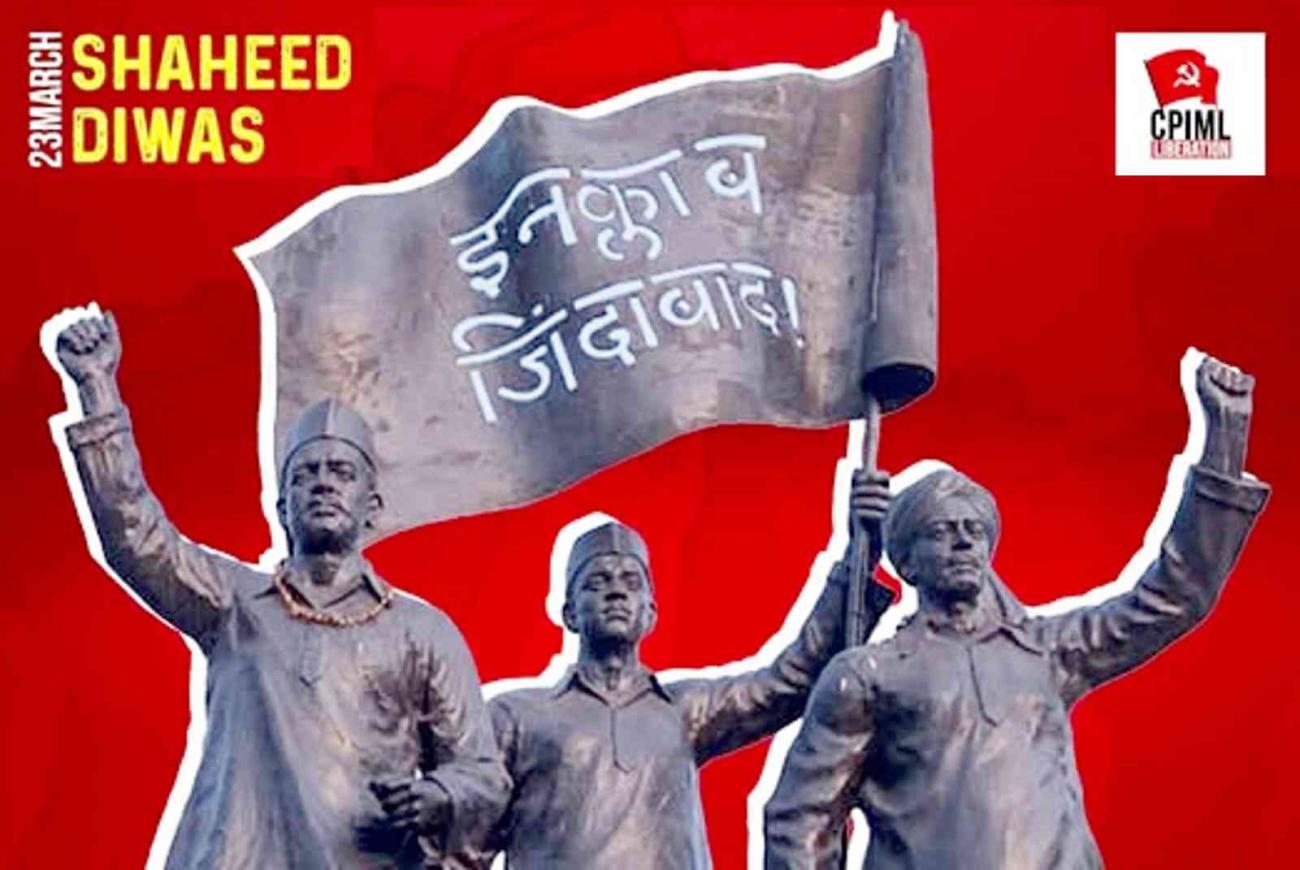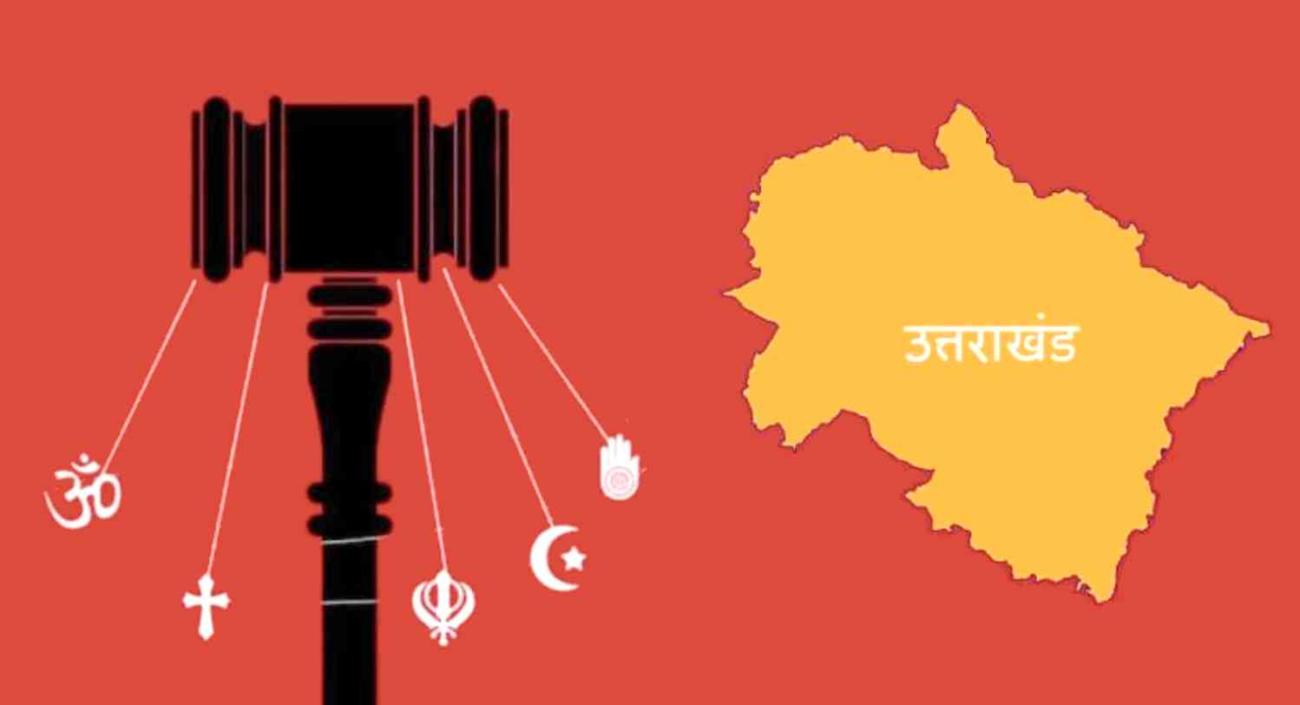The BCCI president happens to be the Managing Director of India Cements Limited which in turn owns the Chennai Super Kings. Apart from the most obvious charge of conflict of interest, the specific allegation in the betting-cum-fixing scam is more immediate. The spot-fixing allegations and arrests pointed to the involvement of Maiyappan, BCCI president Srinivasans son-in-law and a key functionary of the CSK, in high-value betting in the IPL. A probe has been ordered by the BCCI into the betting-cum-fixing scam. Every test of probity, transparency and accountability would demand immediate resignation of the BCCI chief. Yet Srinivasan had his way and but for a lone dissenting voice nobody really dared call for his resignation in the BCCI meeting. This clearly shows how deep the rot runs.
The cancer of corruption afflicting Indian cricket is attributable to the same corporate-politics nexus that is responsible for the web of scams that has become the hallmark of neoliberal governance. It is the inherent nature of capitalism to commercialise every productive and creative activity and sports are no exception. Ever since the arrival of the era of televised cricket, the so-called gentlemans game has been taken over by the brute forces of capital and commerce. And in the IPL, the game of cricket has virtually been buried under the collective impact of commerce, glamour and entertainment. And once betting gets associated with the game, fixing is bound to follow. Indeed, the IPL-style T20 tournament seems thoroughly designed for the betting syndicate and its counterpart, the fixing mafia. After six editions of this sordid spectacle, sports-lovers have rightly begun to ask if the country really needs a commercial extravaganza like this masquerading as a sporting tournament.
Cricket is the biggest money-spinning sport in India and BCCI is the worlds richest cricket board. Yet it is a private society and it does not have to make its balance-sheets public. It is insulated from the RTI Act and till recently it used to enjoy tax exemptions as the government gave it the benefits of a charitable organisation. But since the launch of IPL rightly rechristened by many as the Indian Paisa League or Indian Profiteering League for its overwhelmingly commercial character the government has been compelled to withdraw the charitable tag and taxes are being levied on the BCCI since 2006. But within six years, BCCI has turned into one of Indias biggest tax defaulters with billions of rupees of accumulated tax dues. The BCCI is also refusing to pay the 12.36% service tax that it is required to pay in accordance with the latest budget.
The real issue therefore is not just the resignation of Mr. Srinivasan but a thorough overhaul of the entire structure and functioning of BCCI to make it function like a transparent, accountable and democratic body and not as a shady private club of a few capitalists and politicians. The overhauling of BCCI should set the tone for a larger process of streamlining and democratisation of other sporting associations. Sports bodies should be run exclusively by retired sportspeople, professional sports administrators and persons of impeccable integrity and politicians and corporate bosses should be barred from having anything to do with the business of running sports organisations and deciding the future of Indian sports.





